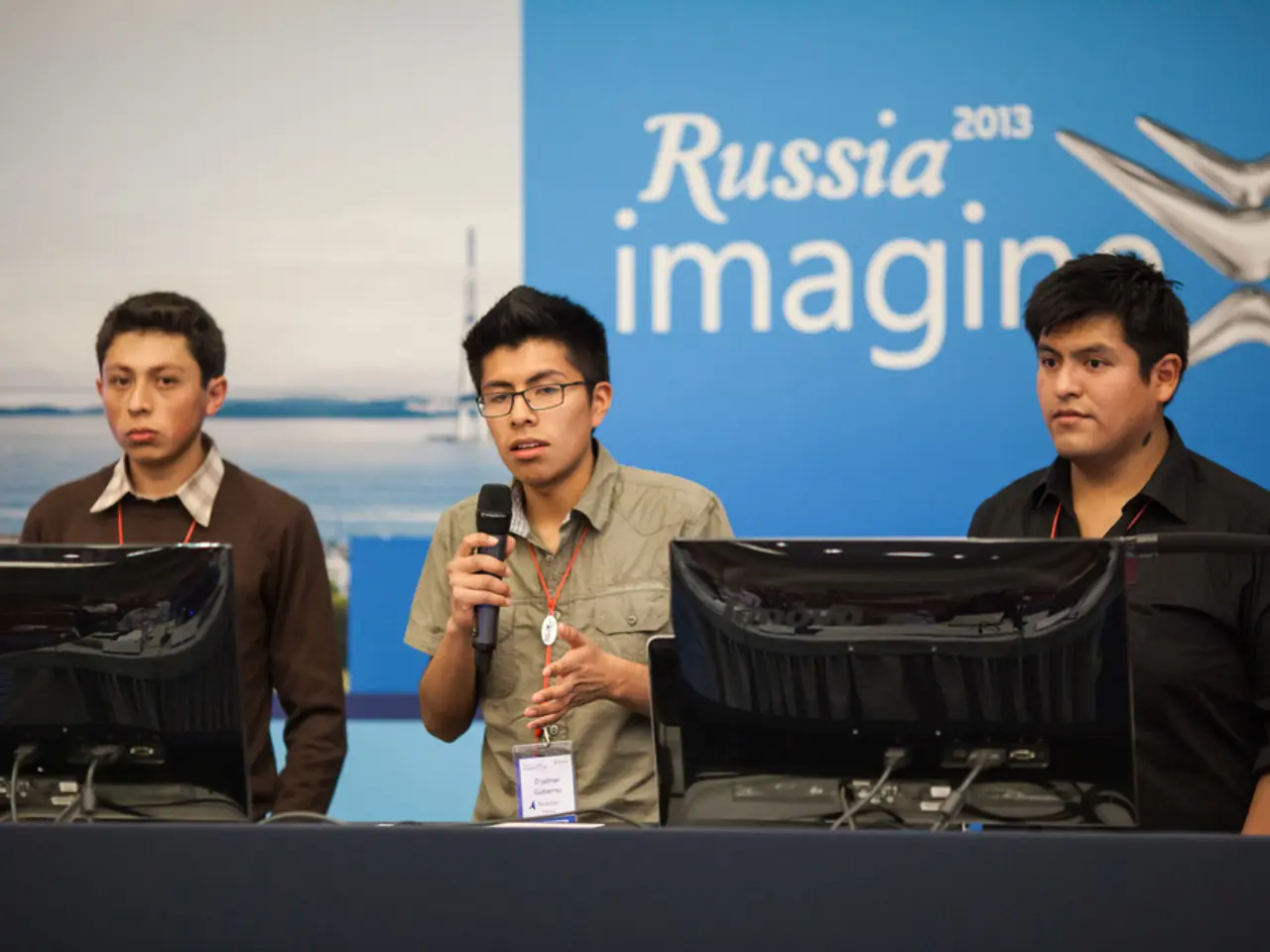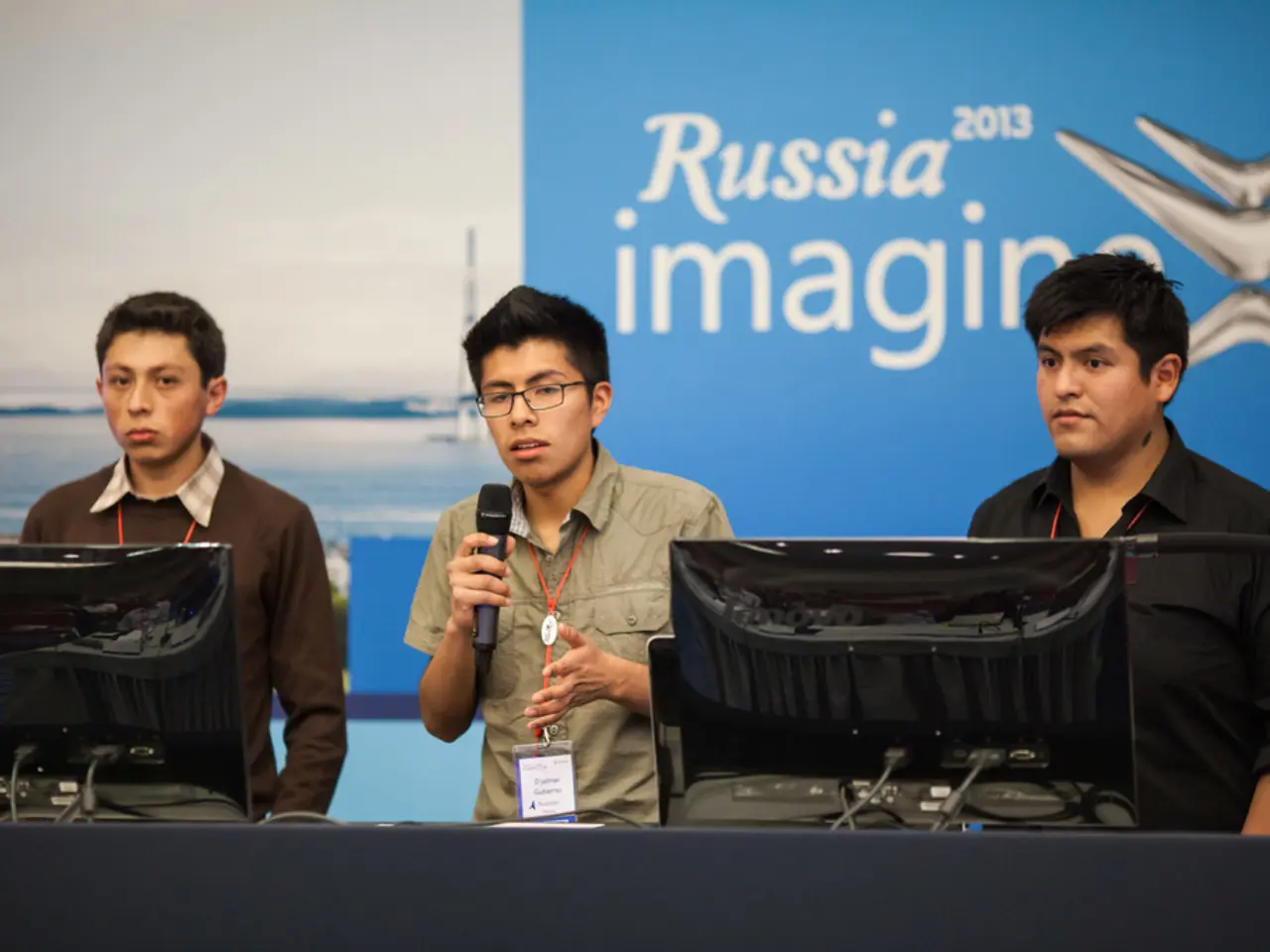Trump's Glory Days Wane as European Allies Confront Bitter New Scenario
================================================================================
In the first 100 days of Donald Trump's second term, a significant change has unfolded in the relationship between the United States and several Central and Eastern European leaders who supported him during the election. This transformation is largely due to the President's aggressive use of tariffs as a core economic policy tool.
Trump's approach to tariffs marks a departure from past U.S. trade policy. Broad tariffs, up to 25% or more, have been imposed on imports from allies and trading partners, including the EU, Canada, Mexico, China, and others. This expansion of tariffs across many sectors and countries has led to retaliatory tariffs from trading partners, disrupting supply chains and raising costs globally.
The U.S. administration views tariffs not only as economic tools but as leverage in trade negotiations. The hard deadline for tariffs on August 1, 2025, illustrates the pressure tactics during trade talks. Trump links reducing the U.S. trade deficit with achieving "energy dominance," signalling a strategic realignment in Washington’s priorities.
This shift has had a significant impact on U.S.-EU relations, as the EU is a major U.S. trading partner. Trump's tariffs, including threats of up to 20%, represent a diplomatic challenge. The tariffs are expected to increase purchases of American goods, which underscores a strategic realignment in Washington’s priorities.
Beyond immediate trade issues, there is a broader strategic calculation at play. Proponents of Trump’s policies suggest a grand strategy—sometimes termed the Mar-a-Lago Accord—to reshape global trade dynamics, including currency revaluations, increased investments in U.S. manufacturing by surplus countries, and restructuring U.S. debt. This reflects an assertive economic nationalism.
Regarding Central and Eastern European leaders who supported Trump, this shift reflects Washington's pragmatic recalibration. Although these leaders had political alignment with Trump, the U.S. economic agenda—via tariffs and trade pressure—did not exempt these allies and often strained relations. This indicates Washington prioritizes economic strategy and pressure over ideological or electoral allegiance in dealing with these countries, especially as tariffs and trade conflicts escalate worldwide.
This change has been particularly humbling for Hungary, where Prime Minister Viktor Orbán had predicted a "fantastic, great golden age" in Hungarian-American relations. However, Orbán now faces stinging tariffs and public denouncements by Republicans. Similarly, Serbia was hit with a 37 percent tariff rate on its exports, the largest in the region, and Bosnia and Herzegovina was slapped with a 35 percent levy.
Some European leaders in Central and Eastern Europe and the Balkans were more optimistic about their relationship with Trump. However, the current dynamics are sowing doubts among citizens in these regions about the benefit of championing the U.S. president's policies. For instance, the US Secretary of State, Marco Rubio, condemned Milorad Dodik's signing of separatist laws, which further strained relations.
In conclusion, the factors driving the stinging tariffs and changed approach are Trump's prioritization of tariffs as economic pressure tools, retaliatory global trade responses, strategic recalibration toward trade deficits and energy goals, and a broader attempt to use such economic measures to reshape global trade relations—even with traditionally allied Central and Eastern European leaders who supported him politically.
- The impact of Trump's tariff policies on Central and Eastern European leaders, who supported him during the election, has raised concerns within civil society and politics in these regions.
- The intensifying war-and-conflicts over tariffs and trade between the United States and its traditional allies could have significant consequences for migration patterns, as economic hardship may force people to seek opportunities in other countries.
- Policy-and-legislation surrounding tariffs and trade are becoming a key focus in general news outlets, as these issues are shaping the global economic landscape and the relationships between nations, including the US and its allies in Central and Eastern Europe.







